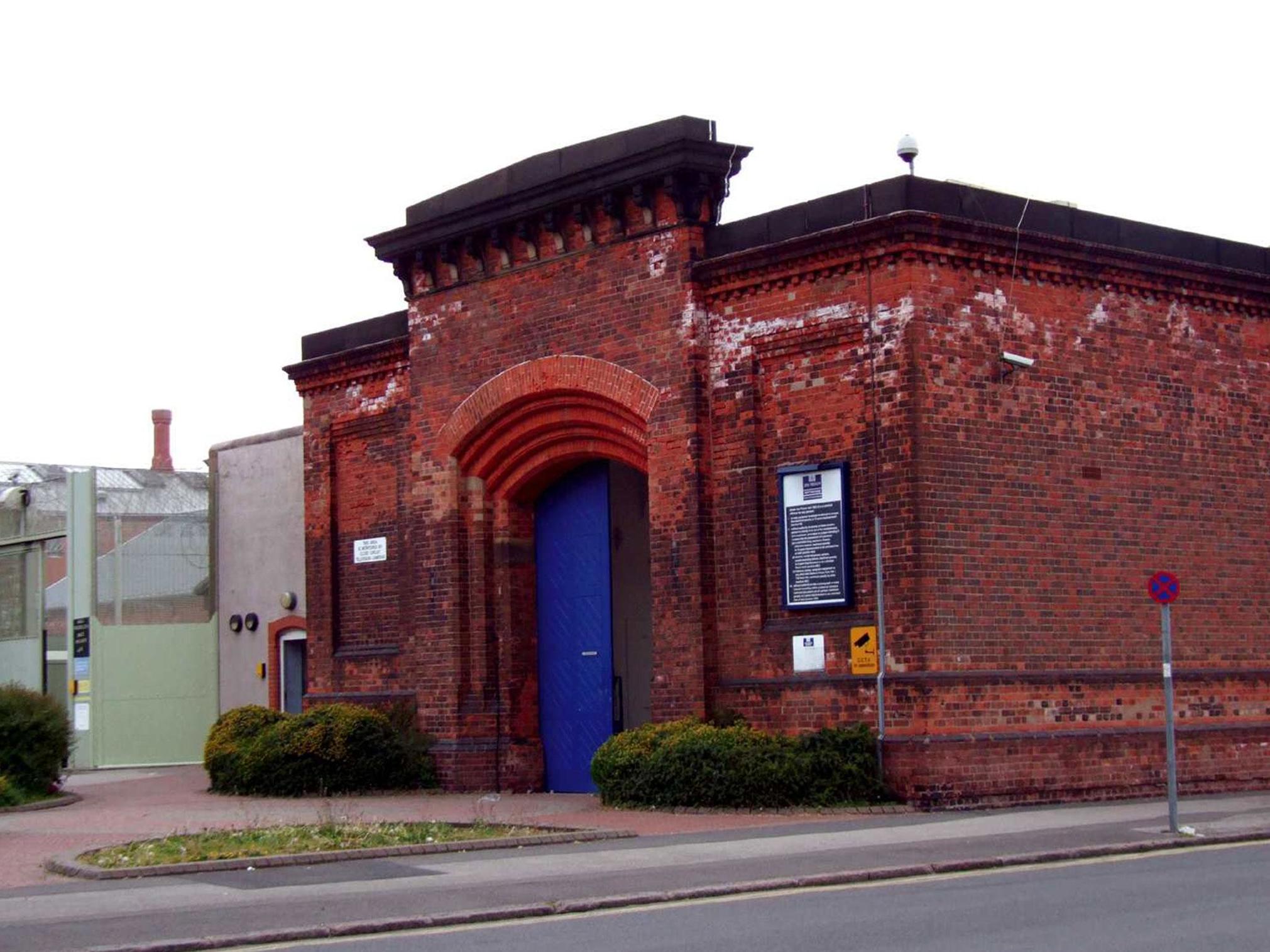Rise in violence in three of 10 troubled jails government pledged to improve, figures show
Ministers say results of £10m campaign to improve conditions in 10 jails are 'encouraging while campaigners brand project a 'distraction' from the 'real issues'

Violence has risen in jails the government pledged to improve last year with £10m of investment, new figures show.
Data released by the Ministry of Justice shows the “10 prisons project” – a £10m campaign announced by former prisons minister Rory Stewart to tackle “acute” issues in 10 of the most challenging jails – has fallen short of reducing violence and drug use in all of the selected prisons.
Eight out of the 10 prisons improved in both areas. Overall, the 10 prisons saw drug use half and a 16 per cent reduction in assaults, with assaults falling by as much as 46 per cent in two jails and drug use by 84 per cent in one.
However, assaults increased in three of the most challenging jails, HMP Nottingham and Wormwood Scrubs and HMP Hull, and the proportion of positive drugs tests increased in HMP Leeds and HMP Nottingham.
Current prisons minister Lucy Frazer said the results were “encouraging” and that the government would continue its "relentless drive" to make prisons places of safety and rehabilitation.
Campaigners meanwhile branded the project a “distraction” from the “real issues” facing the prisons estate.
Announcing the project in August 2018, Mr Stewart vowed to resign if he didn’t succeed in reducing the level of drugs and violence in the 10 prisons – HMP Hull, Humber, Leeds, Lindholme, Moorland, Wealstun, Nottingham, Ranby, Isis and Wormwood Scrubs – within 12 months.
But he was removed from the post during a cabinet reshuffle in May, which campaigners said gave him a “get out of jail free card”.
Labour's shadow justice secretary Richard Burgon MP said: “Focusing on a small number of cherry-picked prisons was a blatant attempt to distract from the wider Tory-created chaos across our prisons system.
“The wider reality is that, in the year since this project was launched, prison violence has reached record new highs and more prisons are now labelled as being of serious concern than ever before."
Peter Dawson, director of the Prison Reform Trust, said that while any reduction in violence in any prison was welcome, the 10 prisons project and the fate of a prisons minister always risked being a “distraction from the real issue” – overcrowding.
“It has always been possible to yank a very poor prison back from the abyss for a while, but the strategic problem of prisons holding too many people has never been properly addressed,” he said.
“Any glimmers of systemic improvement will be quickly snuffed out if we return to the failed ‘prison works’ policies that have created this calamity in the first place.”
As part of the project, new security measures, including as X-ray body scanners, metal-detecting equipment and drug trace detection machines, were introduced in the 10 jails.
Earlier this month, Prime Minister Boris Johnson announced similar measures across the prisons estate, vowing to bring in tough airport-style security in all jails to clamp down on the drugs and weapons, as well as advanced technology to block mobile phones.
Frances Crook, chief executive of the Howard League for Penal Reform, said that while tightening security in a few troubled prisons was “all well and good”, ministers would have to take a different approach if they wanted to tackle the problems across the country.
She added: “With a flurry of announcements to the media, Boris Johnson has put himself at the front and centre of the fight to keep drugs out of prisons and prevent crime.
“Without a fundamental change in approach and reducing the number of people held behind bars, prisons will continue to be like polluting factories, spewing out more and more crime into the communities around them.”
Official figures show the number of drugs found in prisons has almost doubled in the last two years, while self-harm has risen to record levels for the seventh year in a row, with 7,968 incidents of self-injury in the year to March 2019 – at a rate of one every nine minutes.
The number of violent assaults across jails in England and Wales meanwhile increased by 16 per cent last year and 136 per cent since 2012, which campaigners have blamed largely on the loss of thousands of prison officers in recent years.
Subscribe to Independent Premium to bookmark this article
Want to bookmark your favourite articles and stories to read or reference later? Start your Independent Premium subscription today.

Join our commenting forum
Join thought-provoking conversations, follow other Independent readers and see their replies